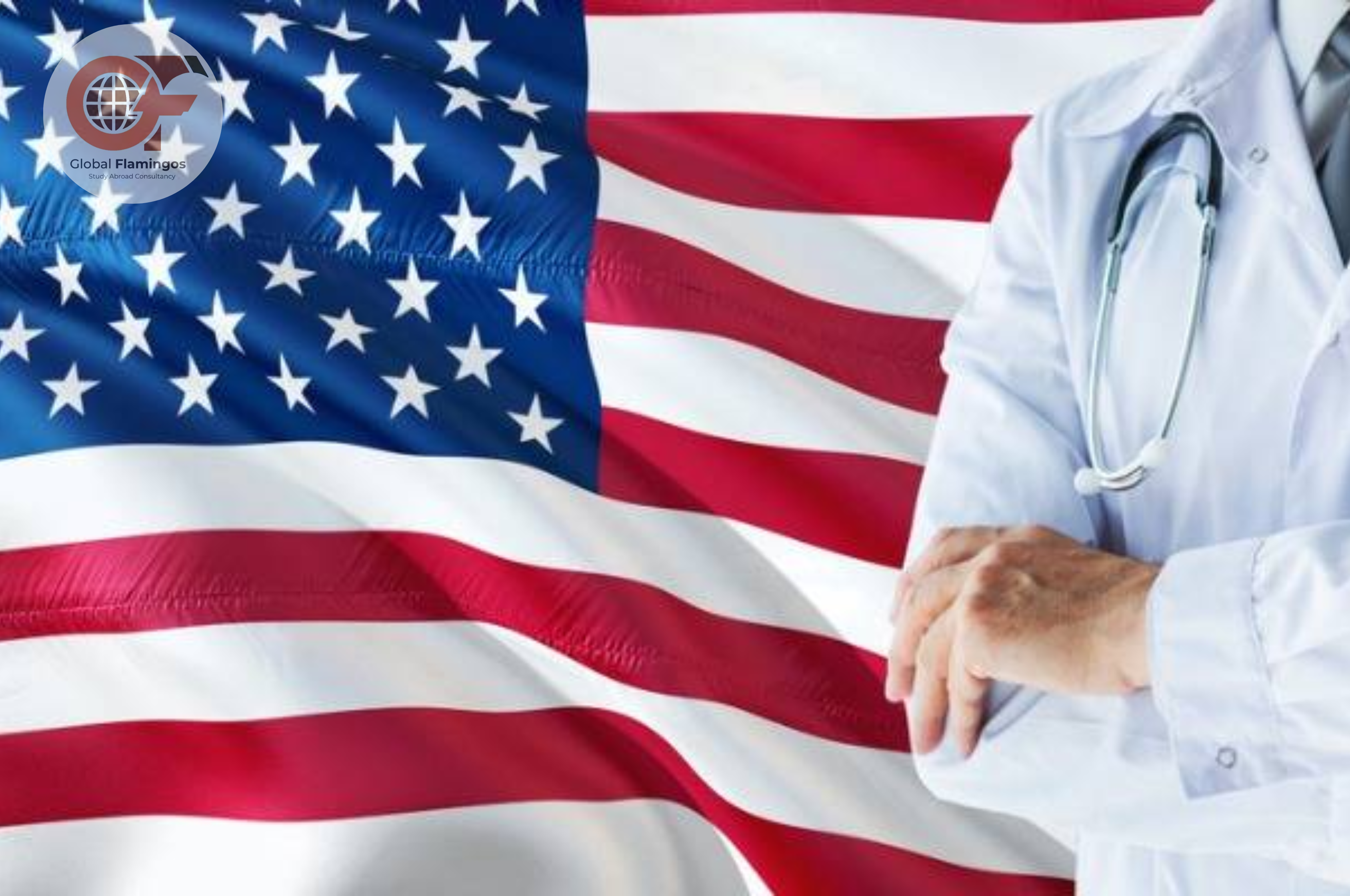While contemplating overseas destinations for pursuing a Bachelor of Medicine, Bachelor of Surgery (MBBS) degree, the United States emerges as a compelling choice for many aspiring medical professionals worldwide. Unlike the direct MBBS program offered in many countries, the U.S. follows a unique pathway through a pre-medical program leading to a Doctor of Medicine (MD) degree. This pathway, characterized by rigorous academic standards, unparalleled clinical training, and extensive research opportunities, positions the U.S. as an exemplary setting for medical education.
Academic Excellence and Comprehensive Curriculum
The U.S. medical education system is renowned for its academic rigor and comprehensive curriculum, designed to produce highly competent physicians. Medical schools in the U.S. consistently rank among the world’s best due to their focus on not just theoretical knowledge but also on developing critical thinking, problem-solving skills, and a holistic approach to patient care.
The journey begins with a bachelor’s degree in a pre-medical field, ensuring a strong foundation in biological sciences, physics, and chemistry. Following this, the Medical College Admission Test (MCAT) assesses readiness for the challenges of medical school, emphasizing the importance of a well-rounded education, including social sciences and ethics.
State-of-the-Art Clinical Training
Clinical training in the U.S. distinguishes itself by offering exposure to cutting-edge medical technologies and diverse patient populations. Medical students engage in rotations across various specialties in some of the world’s most advanced healthcare facilities. This hands-on experience is invaluable, offering insights into a wide range of medical conditions and treatment approaches, fostering adaptability, and preparing students to excel in any healthcare setting worldwide.
Research Opportunities and Global Leadership
The U.S. is a global leader in medical research, home to leading pharmaceutical companies and research institutions. Medical students have the opportunity to engage in groundbreaking research projects, often alongside world-renowned scientists. This not only enhances their understanding of the medical sciences but also opens the door to innovative treatment methods and contributes to their professional development.
Participation in research cultivates a culture of inquiry and continuous improvement, qualities essential for the advancement of medical science and patient care. Graduates from U.S. medical programs often find themselves at the forefront of medical innovations, contributing to global health improvements.
Cultural Diversity and Global Perspective
Studying medicine in the U.S. offers an unparalleled cultural diversity not only among the patient population but also within the academic community. This environment fosters cultural competence and empathy, essential qualities for any healthcare professional. Exposure to a wide range of cultural perspectives enriches the learning experience, preparing students to practice in a globalized world.
The diverse clinical settings, from urban hospitals to rural clinics, ensure that students graduate with a well-rounded view of various healthcare systems and patient needs, equipping them to make significant contributions wherever they choose to practice.
Postgraduate Opportunities and Career Prospects
Completing an MBBS equivalent program in the U.S. opens up vast opportunities for specialization through residency programs, recognized globally for their excellence. The competitive nature of these programs ensures that only the most capable individuals advance, leading to an exceptionally skilled physician workforce.
Graduates have the flexibility to pursue careers in a variety of settings, including hospital-based practice, research, public health, and academia. The rigorous training and broad exposure received during their education prepare them for leadership roles in healthcare, both within the U.S. and internationally.
Navigating Challenges: Costs and Visa Considerations
The pursuit of an MBBS equivalent degree in the U.S. is not without its challenges, including the financial investment required and the complexities of securing a student visa. However, many institutions offer scholarships, grants, and loan programs to support international students. Additionally, the prospect of high earning potential upon completion of the program often mitigates concerns regarding the initial financial outlay.
Prospective students are encouraged to thoroughly research visa requirements and application processes to ensure a smooth transition to studying in the U.S.
Conclusion
The United States stands out as a premier destination for pursuing an MBBS program, offering a unique blend of academic rigor, comprehensive clinical training, and unparalleled research opportunities. The diversity of the patient population and the academic community enriches the learning experience, preparing graduates to excel in the global healthcare arena. While challenges exist, including the financial and logistical aspects of studying abroad, the benefits of a U.S. medical education are undeniable.
Aspiring medical professionals looking to make a significant impact on global health will find the United States an ideal setting for their education, offering the tools, experiences, and opportunities essential for achieving their goals and advancing the field of medicine.



